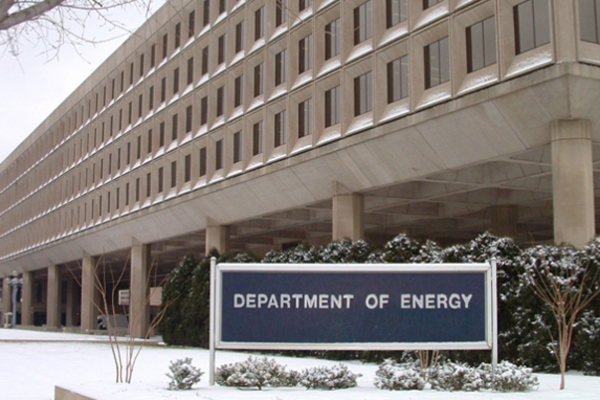The Department of Energy (DOE) approved its third application to export natural gas a day after Senator Lisa Murkowski (R–AK) released a white paper calling for the Administration and the DOE to quit stalling on permits.
As Senator Murkowski said in her press release:
We’ve carefully examined the issue of natural gas exports, weighing the evidence and listening to all points of view, but the analytical debate is now over. The United States has a historic opportunity to generate enormous geopolitical and economic benefits by expanding its role in the global gas trade.
With a cheap, abundant supply of natural gas in the United States, exporting natural gas would expand market opportunities to areas of the world where prices are much higher, including Latin America, Europe, and Asia. Doing so would create more jobs and generate billions of dollars annually in export revenue and economic welfare.
While exporting natural gas would raise domestic prices, those price increases would be marginal because the amount of natural gas exported would be relatively small. Even so, higher prices would incentivize more domestic gas production, offsetting some of the price increase or even keeping prices as low as they are now.
And unlike crude oil, natural gas must be processed first at a cost that drives a wedge between domestic and foreign prices. Building the terminal, liquefying the natural gas, and shipping across the ocean is a costly process, so there will need to be a substantial gap between domestic prices and foreign prices to make exporting worthwhile. As other countries develop their natural gas export terminals, opportunities will be lost if natural gas prices decrease in foreign countries where U.S. companies wish to export.
An antiquated law is preventing the market from determining how much natural gas the U.S. can export. Not only does each export terminal have to go through the normal environmental review and permitting process, but the DOE’s Office of Fossil Energy must authorize an export permit application by determining whether the project is in the public’s interest. The DOE automatically authorizes a permit for exports if the importing nation has a free trade agreement with America, but many of the countries that want our natural gas have no such agreement.
The DOE’s role in permit authorization is completely unnecessary. U.S. producers should be allowed to export natural gas to any country they see fit. Natural gas should be no different than any other good traded around the world.
Murkowski is right to put pressure on the Administration to process natural gas export applications in a timely manner, noting, “Artificial timetables, such as an arbitrary gap of six to eight weeks between decisions, should be avoided.” But the best way to avoid those artificial timetables is to remove the DOE’s ability to create them. That’s why Heritage has recommended that Congress should lift these artificial and arbitrary restrictions by removing the DOE from the permit process.
